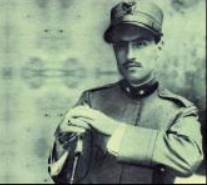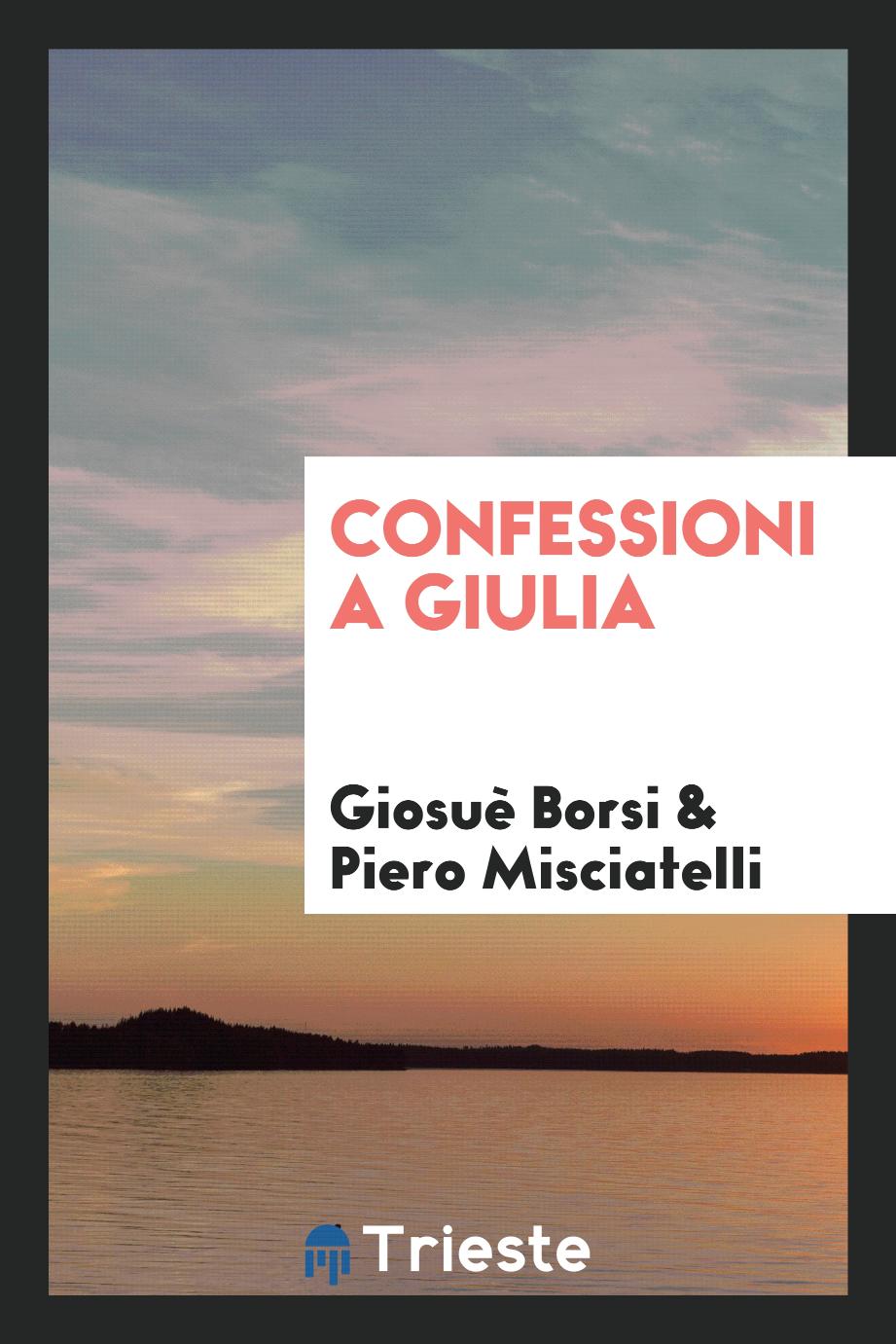
Giosuè Borsi
Giosuè Borsi: the great forgotten of contemporary Italian literature; let's say better: the great absentee: because, more than forgotten, in fact he was never officially present. Not, at least, according to his merits, nor according to the emblematic meaning that characterizes his figure, in which it is possible to see, against the light, the drama, the hopes, the ideals of an entire generation: that of the intellectuals born a few decades after the 'Unification of Italy, but still imbued with the spirit of the Risorgimento, generous, a bit dreamers, looking for a higher meaning to attribute to life and, in some, for a cause worth dying for. It is the generation of Carducci's grandchildren, who were orphaned by both the master and his high ideals; anticlerical and irreligious, but, in their own way, in search of a faith; critical and intolerant of the existing reality, and eager for change: restless, after all, as all young people are, but with the destiny of belonging to a historical phase of transition, coinciding with the advent of modernity and with the entry into crisis of all the old certainties, without the new ones having yet succeeded, not already to assert themselves, but not even to appear in a recognizable form, and such as to be able to constitute the North Star for the future, both immediate and distant. It was also the generation of Nietzsche's ideal children, and D'Annunzio's natural children (in the chronological sense). Note the dates: the latter was born in 1863, Filippo Tommaso Marinetti is from 1876; in the middle, Guido Gozzano (1883), Marino Moretti and Aldo Palazzeschi (1885), Sergio Corazzini (1886); and finally Carlo Michelstaedter (1887). Giosuè Borsi is one year younger than the latter, and will go out, a brief meteor in the fiery sky in the First World War, just five years after him, who committed suicide in 1910, in his Gorizia: a few kilometers away , an artillery fire as the crow flies, or a little more. Born in Livorno on 1 June 1888, son of an important journalist (who was also director of the "Nuovo newspaper" of Florence), Giousè Borsi - named in honor of Carducci, whose father was a friend - lived a life short, passionate, full of emotions, almost frenetic, both in ideas and poetry, and in the private and affective dimension; elegant, refined, very lively ingenuity, excellent conversationalist, well received in worldly salons, the young man was acclaimed and almost spoiled, he passed from one love to another, from one woman to another, while he wrote poems and short stories (the latter, appeared posthumously) with a sincere but still unripe vein; until a series of family mourning (the sudden death of his father, then of his sister, finally of a little nephew, whom he dearly loved) laid him bare with himself and forced his soul to face his own burning need for truth and authenticity: and a new man was born. Having converted to Catholicism, after an irreligious and anticlerical youth, and having become a Franciscan tertiary, he also changed his attitude towards women, whose ideal image transfigured his last years with light and beauty, after so many fatuous and banal loves that had left him empty and dissatisfied; testimony of this "conversion" also in relationships with the other sex will be a small moving book, which deserves to be known by a wider audience (something to which we intend to contribute, as far as it will be in us, at a future occasion): "Confessions to Giulia", a kind of stilnovist "Vita Nuova", full of respect and admiration for women and awareness of the seriousness of life. He wrote this moving operetta between 1912 and 1913 and addressed it to her Beatrice, revealing the rich treasures of a fresh sensitivity and, at the same time, Christianly open to the mystery and enchantment of existence. Two were the dominant passions of the young Borsi after his conversion, favored, the latter, and deepened by the reading of Manzoni (especially the "Observations on Catholic morality") and Pascal: Dante Alighieri and the ideal woman. For the great Florentine poet, he had an authentic veneration: he never separated from the "Divine Comedy"; so much so that, having enlisted as a volunteer in 1915 for ideal and patriotic reasons, he continued to keep an edition, in small formats and printed on very thin India paper, in the pocket of his uniform. When they recovered his body, which had fallen near Zagora (a hamlet of Canale d'Isonzo, today Kanal ob Soci, in Slovenia), on 10 November 1915, after just two months of war - he had left for the front line on 30 August, with the rank of second lieutenant, and he had already made himself liked by the soldiers for his goodness and humanity - they found there, together with the photograph of his mother, Dante's poem.
